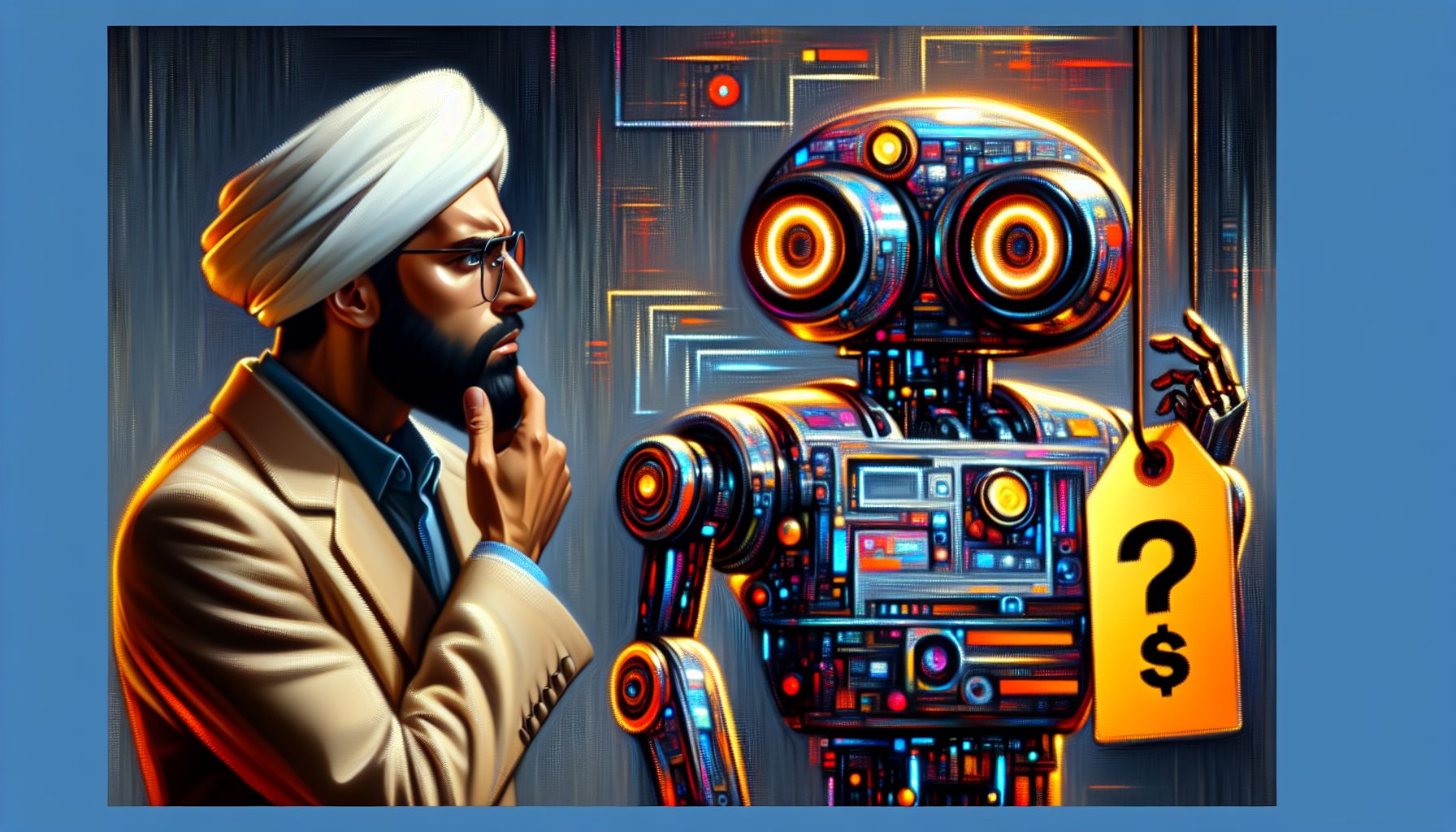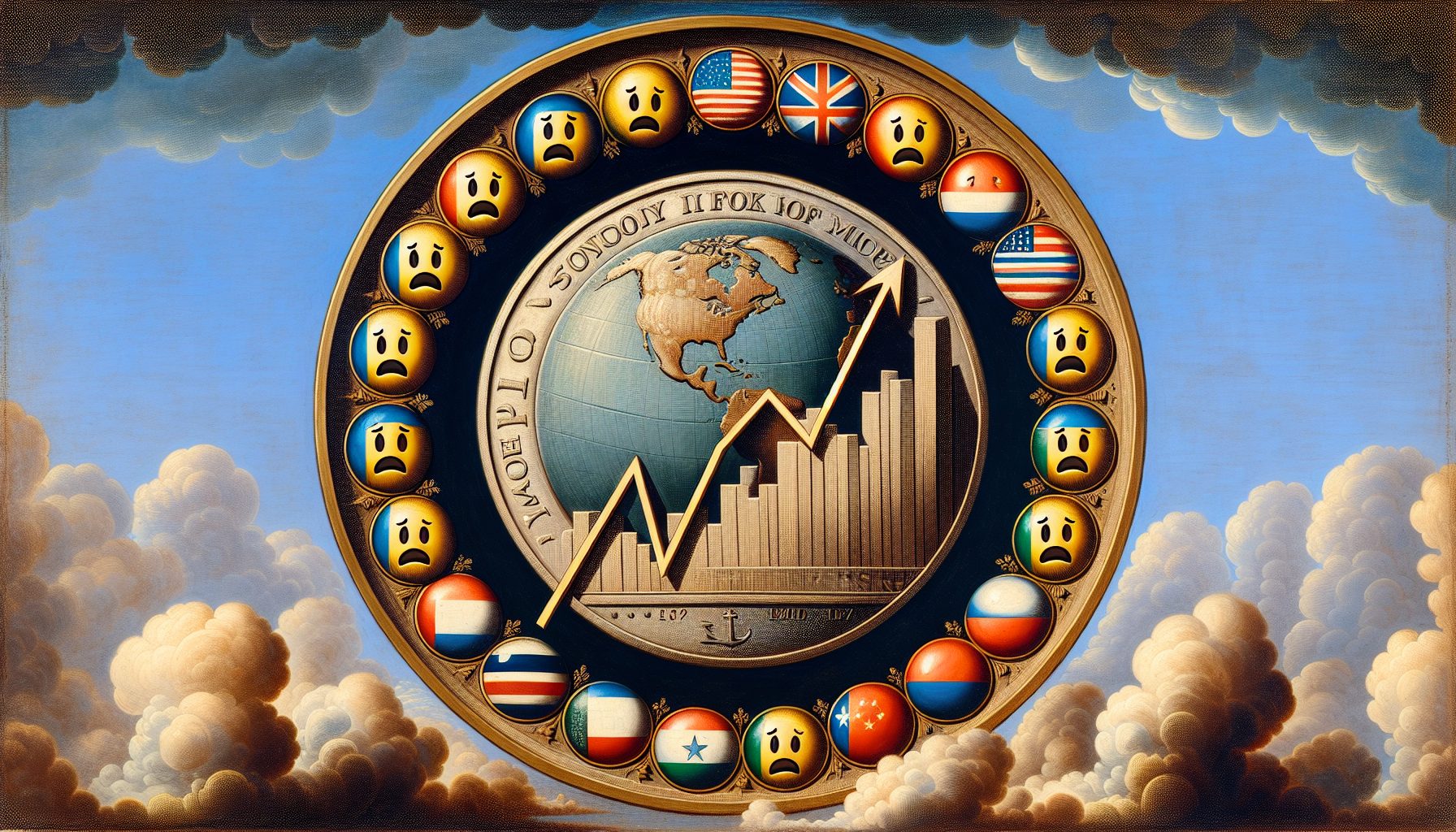The more one learns about how information systems get used or deployed, the less it seems safe to say logic always prevails.
I’m convinced of this, after nearly a quarter-century watching and writing about the ways companies capture, exchange and act on information about customers—and the processes that serve them.
Here are just a few random observations as a new year dawns, in no particular order:
Why not, just once, call and ask?
Too costly, you say. Not if you’re serious about “one-on-one” marketing or personal service. All the scrubbing in the world won’t change a person’s mind about your company if you can’t get a name spelled right.
Does it try talking to the customer first? No. This bank just presumes guilt, not innnocence. Hardly a way to win customers in the United States. Or any place.








